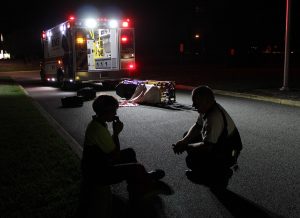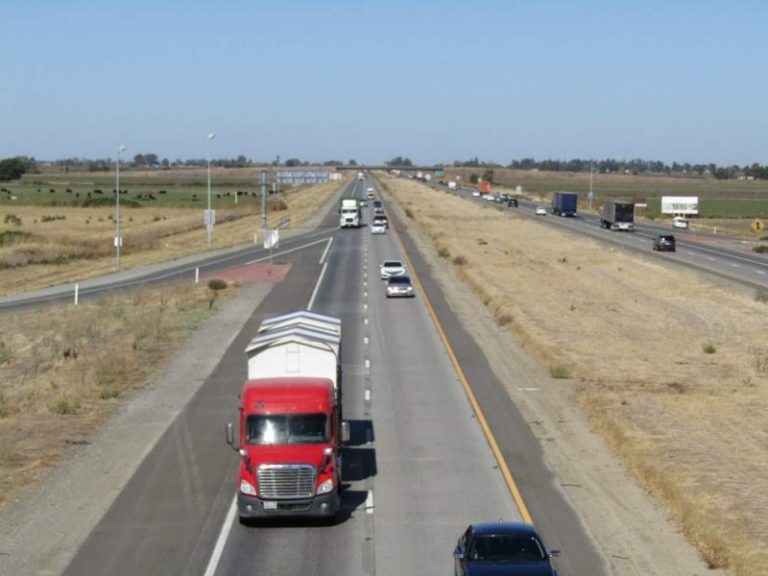How Auto Accidents Can Cause Post-Traumatic Stress Disorder
Millions of Americans suffer from Post-Traumatic Stress Disorder (more commonly known as PTSD) in countless unique permutations, as a result of countless unique, yet altogether awful, traumatic events. Auto accidents can range from startling moments to near-death experiences to sudden losses of loved ones, and as such, are perfectly capable of causing PTSD in survivors and their families. Even at a conservative estimate, auto accident-related PTSD affects millions of American motorists, creating a significant demand for treatment and compensation.
Understanding PTSD
Traumatic events often leave mental scars on survivors, compromising their quality of life or ability to perform certain tasks via stress, anxiety, and depression, especially when related to the inciting incident. PTSD is not a joke and should never be downplayed, even among relatively minor cases. Although PTSD is commonly associated with war veterans and deeply traumatic experiences, PTSD can also occur in suburban neighborhoods after low-speed collisions; neither case is less valid than the other. For example, losing a loved one in a car accident, viewing the aftermath of a collision as a bystander, or simply having a close call with an out-of-control driver could all trigger PTSD or acute stress disorder (a more temporary manifestation of PTSD).
In the context of an auto accident, PTSD frequently manifests as a variety of symptoms, some or all of which might be felt by the victim:
 Anxiety, stress, and paranoia while driving.
Anxiety, stress, and paranoia while driving.- Anxiety or stress when remembering the accident.
- Avoidance, whether that be of certain roads, times of day, driving, or vehicles altogether.
- Frequently remembering or dreaming about the accident or otherwise having invasive thoughts.
- General depression, hopelessness, detachment, irritability, or feelings of inadequacy and guilt.
If you’ve experienced any of these symptoms after a traumatic event of some fashion, you could have PTSD. PTSD self-help and coping methods can be invaluable in relatively minor cases; however, if your symptoms persist or are the result of more severe traumas, such as the loss of a loved one or a particularly catastrophic accident, you might want to seek formal medical treatment or assistance from a mental health professional. PTSD isn’t a sign of weakness; it’s a disorder like any other, and it’s one that you can recover from.
PTSD and Arizona Auto Accident Compensation
PTSD qualifies as emotional distress, which can be compensated as part of your general damages. Tangible monetary losses can also stem from PTSD—therapist fees, prescription costs, lost wages while you cope, and other such damages can also be part of a comprehensive settlement package.
We at ELG know how difficult auto accidents can be, which is why our compassionate Arizona auto accident attorneys strive to be as understanding, professional, and helpful as possible. PTSD is a deeply personal challenge, but we can at least take the burden of the claims process off of your shoulders and help you stabilize financially, giving you time to focus on your recovery and well being. Give the personal injury lawyers at ELG a call at (623) 321-0566 to schedule a free consultation to see how we can help you—there’s no obligation to hire us, and we can answer any questions you have about the process or your unique case.
Law News Feed
All NewsWho Is Liable for Damages After a Truck Accident?
According to information from the National Highway Traffic Safety Association, more than 2,500 truck accidents occur each year in Arizona. It goes without sayin…
Common Injuries After a Motorcycle Accident
Motorcycle accidents kill or severely injure individuals more frequently than any other type of crash, resulting in immense amounts of suffering and financial d…

